Toyin Falola, Knowledge Grey Moyo and Yahaya Halidu
This year’s just ended 24th Annual Africa Conference held at The University of Texas at Austin on March 26th – 30th, 2025 under the theme: Health and Illnesses in Africa and the African Diaspora, brought together a diverse community of scholars, graduate students, health practitioners and policy experts from around the world to examine the multifaceted meaning of illness and health in Africa and the African diaspora. The conference offered an academic platform to critically engage and steer conversations on different systems of medical knowledge such as indigenous knowledge systems, clinical science, philosophical inquiry, cosmological and religious understanding of health and illness. Various conference panelists presented and stimulated plenary conversations on various aspects of illnesses such as infectious diseases, chronic illness, mental health, trauma, reproductive health, emerging pandemics. The beauty of the conference lay in its interdisciplinary voices which were drawn from the humanities, social sciences, public health, and biomedical sciences, allowed for rich and critical conversations on the aspect of health and illness. In the past, the misconception was that illness had nothing to do with racial or geophysical identity, which provoked research from scholars who examined different ailments with some level of intellectual restrictions. The assumption that all humans share similar biological inheritance and geographical landscapes contributed to the unprecedented downtrend in examining ailments. As a result, many factors ordinarily responsible for the spread of diseases, their resistance to medical interventions, and how they colonized human biology and ecology to gain dangerous grounds were often overlooked.
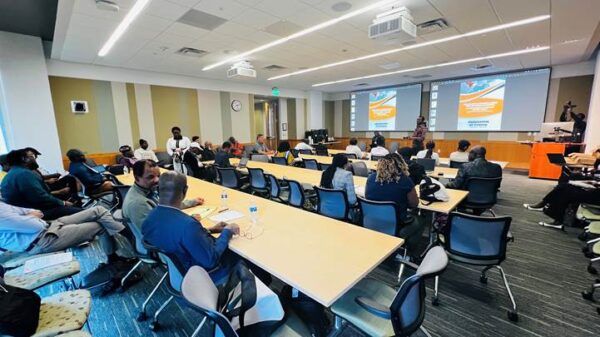
Humanity suffered greatly for this nonchalant or misevaluative posture regarding ailments generally. As they began to experience the brutal hands of diseases, they intensified research into studying the nature of ailments, especially those caused by microorganisms that are more difficult to see with the naked eye. From that point, discoveries about diseases ballooned, improving not only the information available to humans about sickness alone but also increasing the collective knowledge about the factors contributing to their spread. People began to understand that they were up against something dreadful, an opponent that could only be defeated through dedicated efforts to find a comprehensive and effective solution.
Prior to that time, it was erroneously believed that diseases were usually caused by metaphysical forces, and in some other instances, they were seen merely as problems that had immediate effects on their targets. A surface overview of the theme of this year’s indicates that illness is not only contextualized within the necessary gamut of its operational potential but also conceived as a problem that can be addressed by constraining its influences. This position is underscored by the awareness that microbial elements often function as an invisible threat beyond human comprehension. For instance, a single individual could be a walking explosive capable of spreading diseases without those around them realizing the magnitude of the havoc they could wreak. After all, documented history shows that what is now known as smallpox, which claimed countless lives, was unknowingly spread by a single individual whose body was a breeding ground for the mutation of dangerous cells.
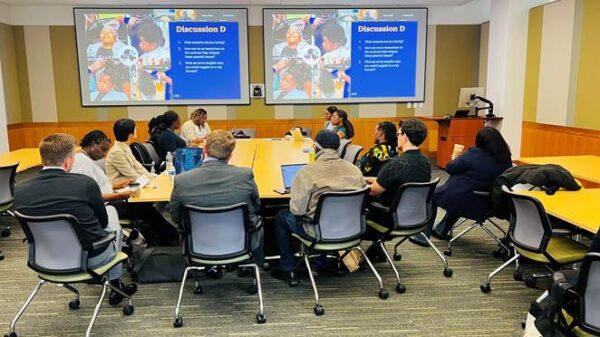
Notably, the topographical dissimilarities between Africa and many other countries of the world serve as the basis for the enhancement and survival of certain diseases in one place, which would miraculously be absent in others. Consequently, seeking intellectual explanations for the existence of some ailments in some areas is not only necessary but also one of the most valuable exercises we can undertake. Our focus on health and illness in Africa and the African diaspora is informed by the awareness that, while it is scientifically true that some ailments are unique to the African environment, it is also an undeniable reality that immigrants can carry peculiar ailments to new sociological ecosystems, as seen in the cases of smallpox in the past, Coronavirus recently, and potentially others that may arise in the future.

One significant benefit of such intellectual engagements is that they allow us to understand how health, wellness, and illness are understood within the African context. This understanding has influenced approaches to facilitating collective wellness and health while also illuminating what is considered an illness. It may interest the non-African audience to know that conversations on wellness and illnesses extend beyond conventional sicknesses that often confront individuals. These conversations encompass issues affecting individuals to the extent that they behave irrationally and uncontrollably when affected by sickness.
When individuals without observable medical problems demonstrate excessive behavior indicative of a desire to dominate, impose, and, in some cases, colonize, many African societies interpret this as an expression of sickness that needs moderate medical attention for effective treatment. However, this conference looked beyond this. It sought to understand the resilience of Africans in the face of genocidal ailments that have threatened many others with insurmountable blows. While we have improved our knowledge of these diseases and how they are contained in many African communities, it is also important to emphasize the conference’s impact on understanding noncommunicable diseases, which are the bane of contemporary society.
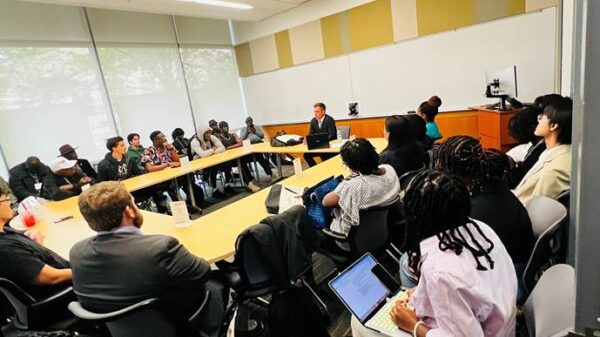
Today, many societies are what they are because of how they respond to diseases and ailments that have threatened their collective safety. Scholars have reiterated that many African societies consider sickness as a disruptive experience in human societies, as illnesses and ailments often force the victim to withdraw from both general and specific activities in society. In essence, sickness is perceived as a problem that interferes with people’s physical, psychological, and even spiritual essence, often compelling them to take marginal roles within their environment. Nevertheless, there is an awareness that while the sick individual may face seclusion and withdrawal, their condition can still be contagious, making prevention the foundation of society’s collective approach to wellness.
For instance, we discovered that Africans tenaciously believe that the presence of an ailment often affects the individual’s spirituality, and they, therefore, take a holistic approach to securing their health. This explains why traditional healers, in addition to herbal solutions and concoctions, often provide spiritual support for the complete healing of sick people. In some situations, the problems associated with their diseases persist if they do not make an effort to address the issue in its entirety, including its spiritual spheres of influence. This explains why the healer is often accorded the necessary regard, as they are not only relied upon for the treatment of diseases but also looked to for spiritual healing.
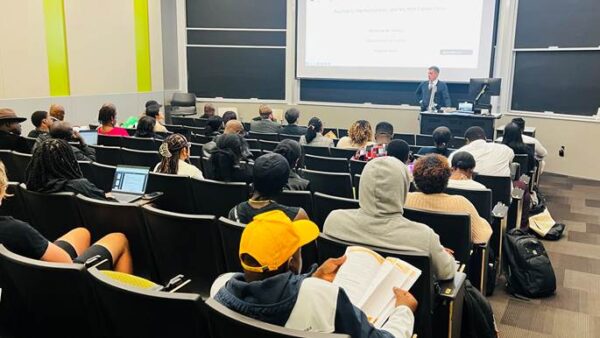
One significant problem regarding illness and ailments in Africa today is that medical professionals trained in Western schools have always been skeptical of their colleagues who specialize in traditional medicine. The basis of their suspicion stems from the fact that traditional healers often proffer solutions not from conventional scientific methods but rather from the accumulation of knowledge inherited and assimilated from one generation to another. Western professionals often discredit indigenous healers, arguing that if their practices are remotely close to healing, it will be purely conjectural and not rooted in the strength of their actual healing power.
Such a level of condescension has always been met with commensurate resistance from traditional healers, who argue that it would be absurd to dismiss the healing solutions they provide to countless individuals as mere luck. Their rejection of such untoward profiling comes from the efficacy of their prescriptions and how results-driven their interventions have always been. Similarly, it is also considered foolhardy to expect medical professionals trained in Western academic institutions to disregard their years of training and internalized theories to embrace practices they are unfamiliar with, despite the advancements in medicine brought by Western technology. The complications continue.

The conference is gap-bridging for many reasons. First, as scholars, we have realized that collaborations between different categories of healers, both Western medical professionals and traditional healers, will ultimately yield profound results that will usher into existence the collective wellness of the African individual, both at home and abroad. The African diaspora community is populated by people still connected to their homeland, particularly in seeking healing from indigenous sources. Despite the proliferation of health centers and cutting-edge technologies available in their host countries, many still depend on herbal prescriptions from their homelands. If this teaches us anything, it would be that they understand and recognize the positive effects and impact of traditional remedies from their homeland in treating resilient ailments.
This conference has brought together many eggheads and experts who have addressed the issues from professional standpoints, which has not only enriched our understanding of sicknesses but also enhanced our perspectives on how to effectively manage these health problems as they arise.
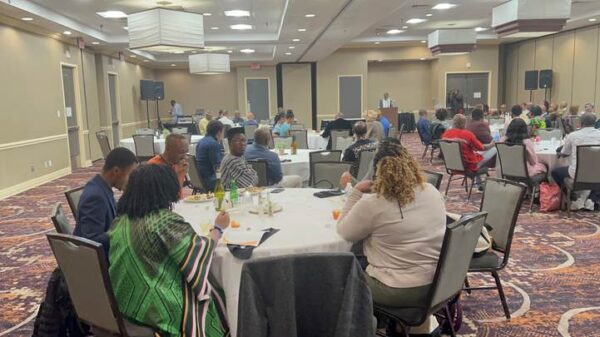
PS: This is a report on the 2025 24th Annual Africa Conference, University of Texas at Austin, March 26 to 30th 2025
